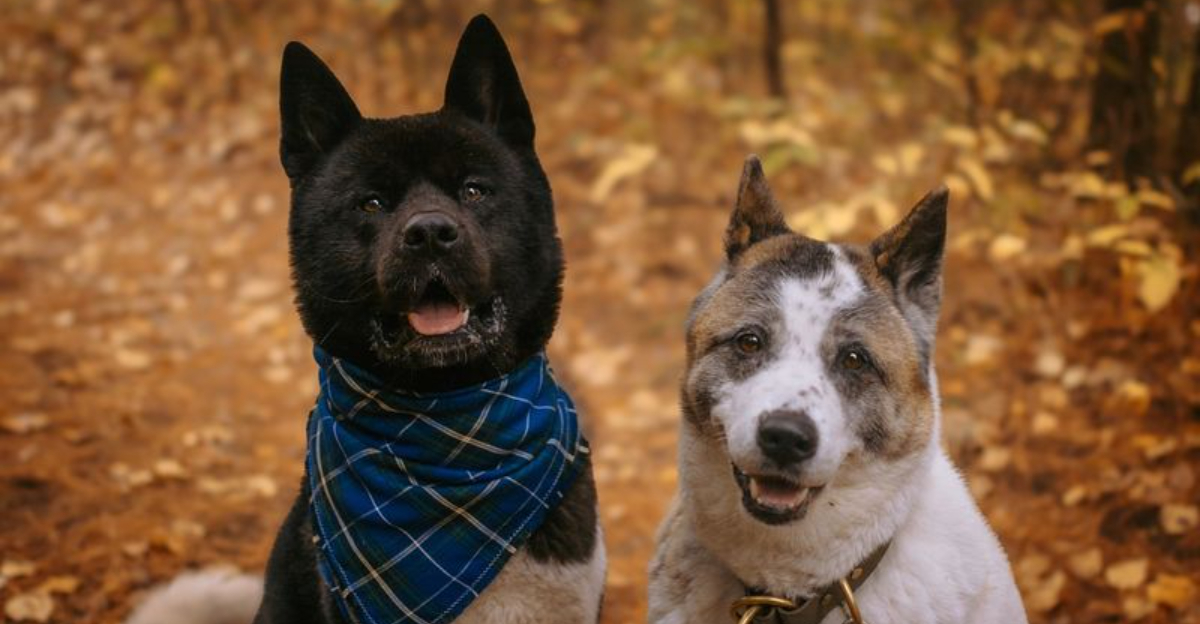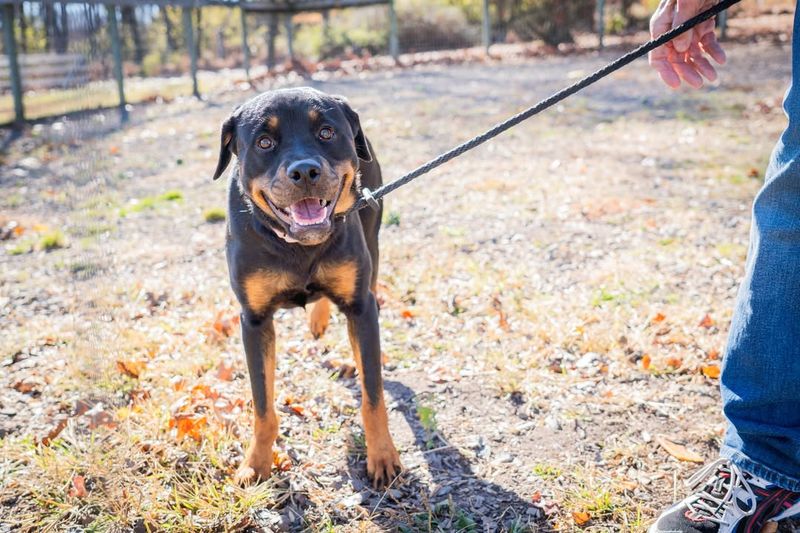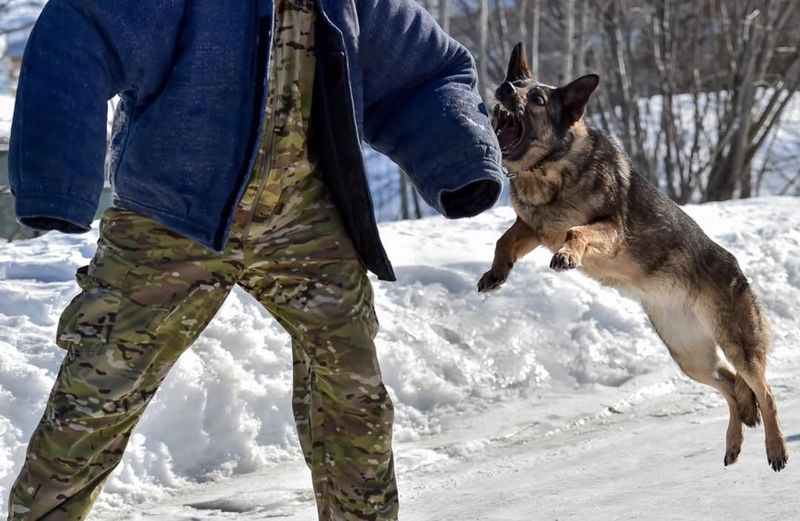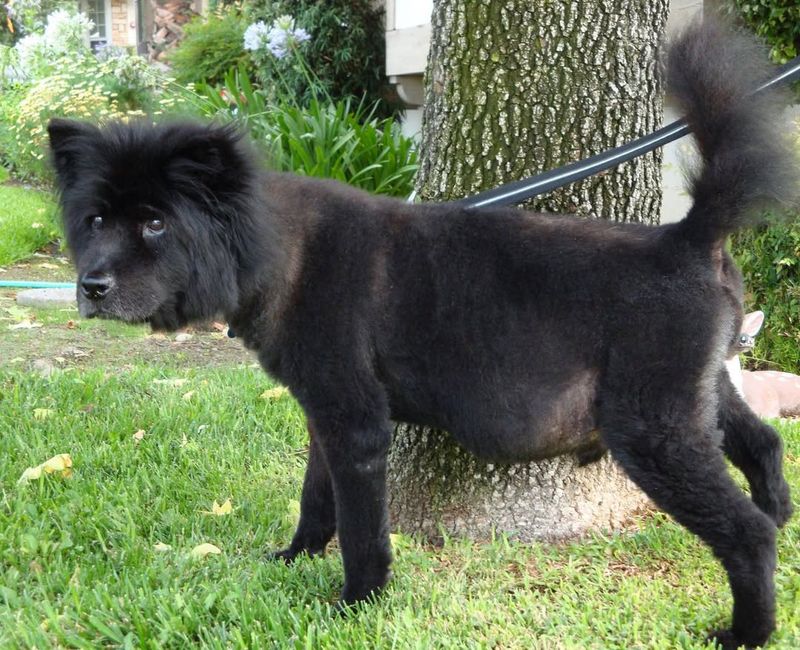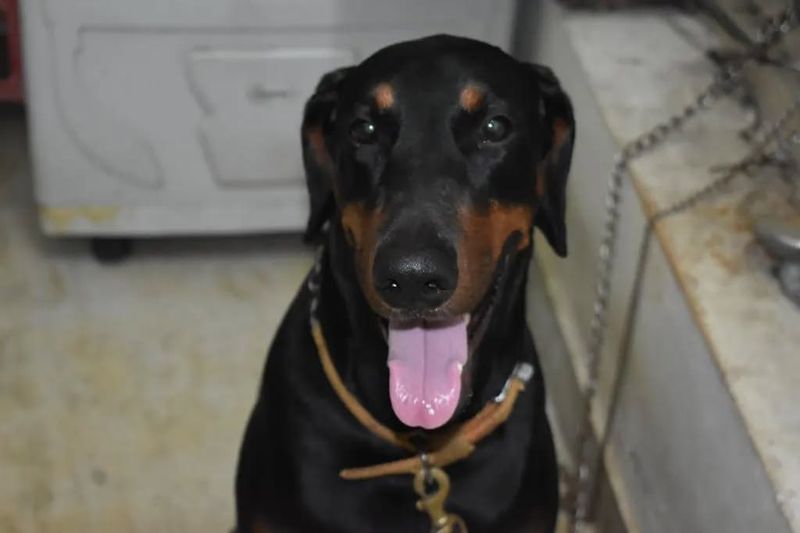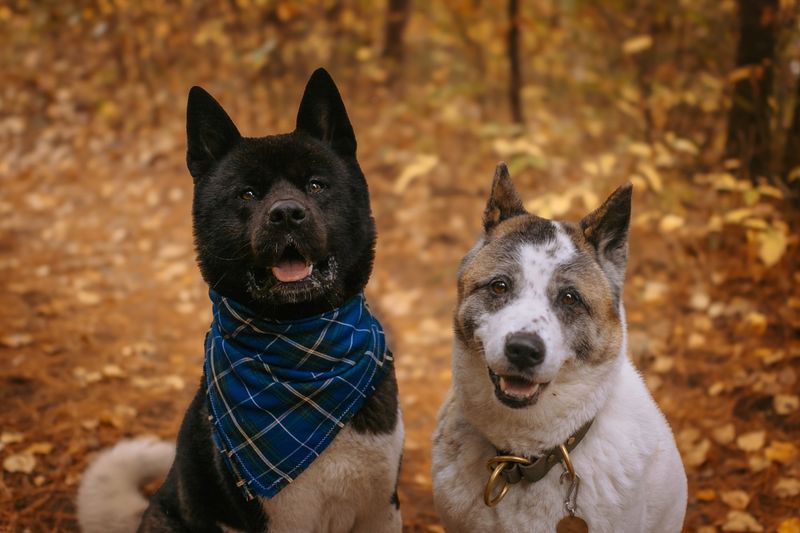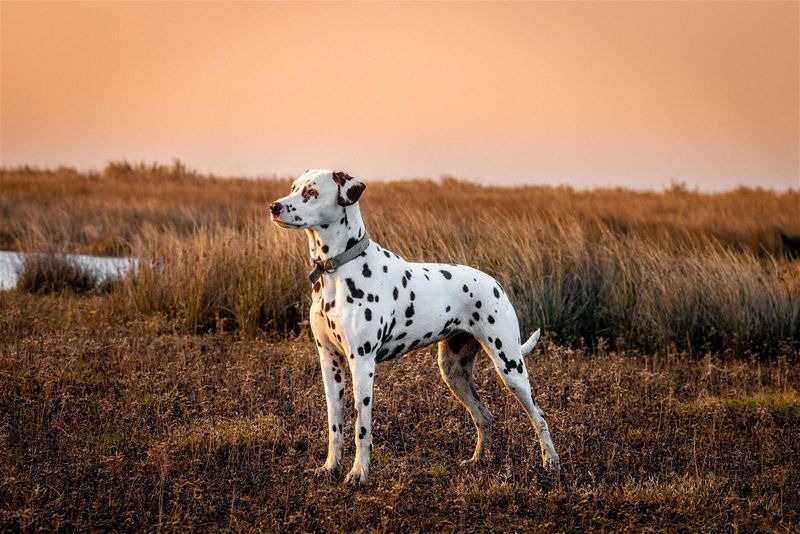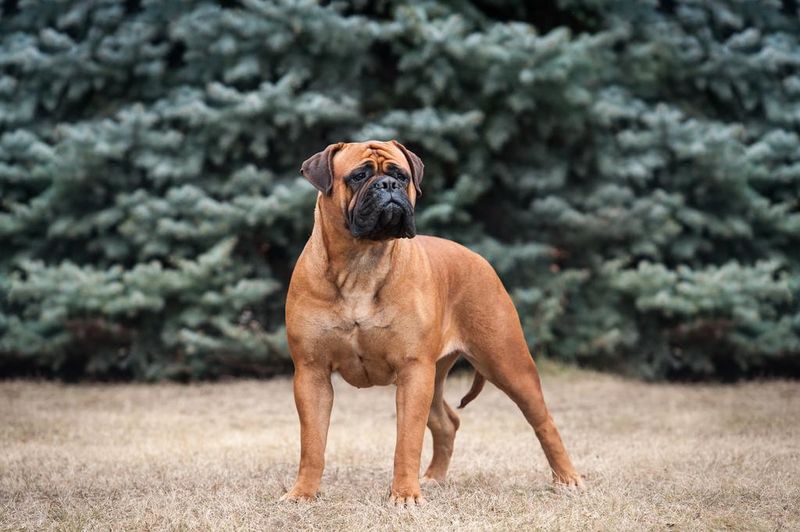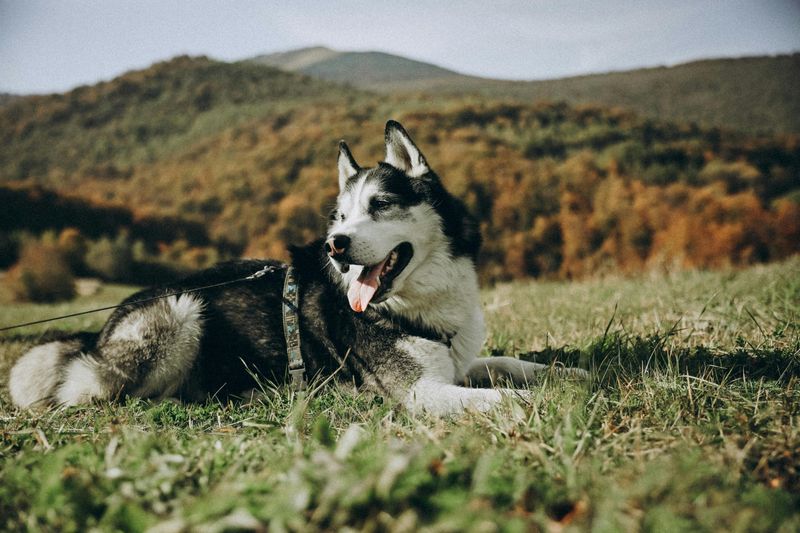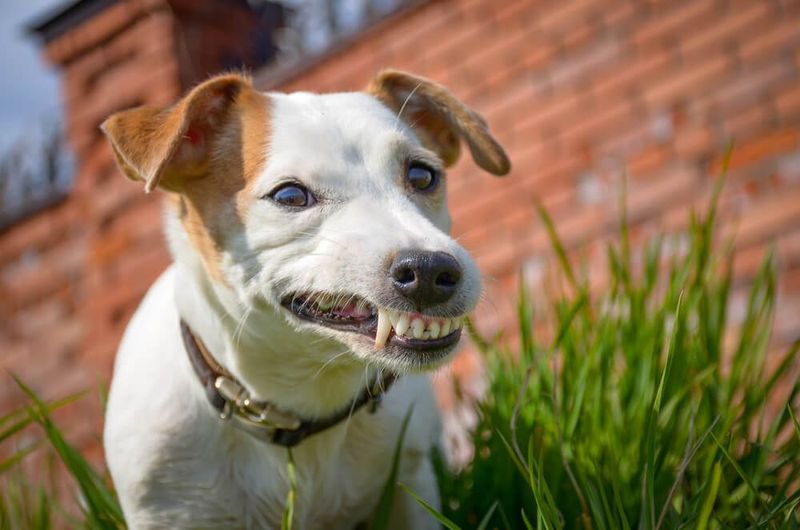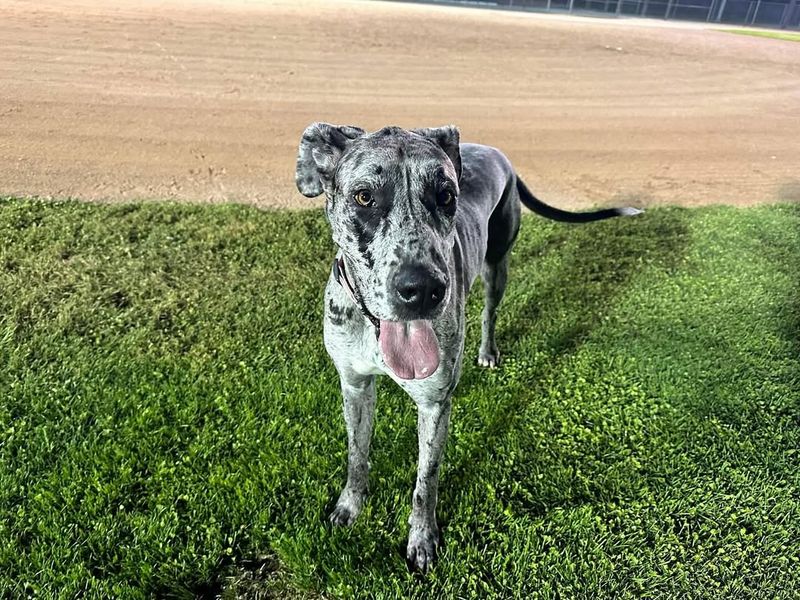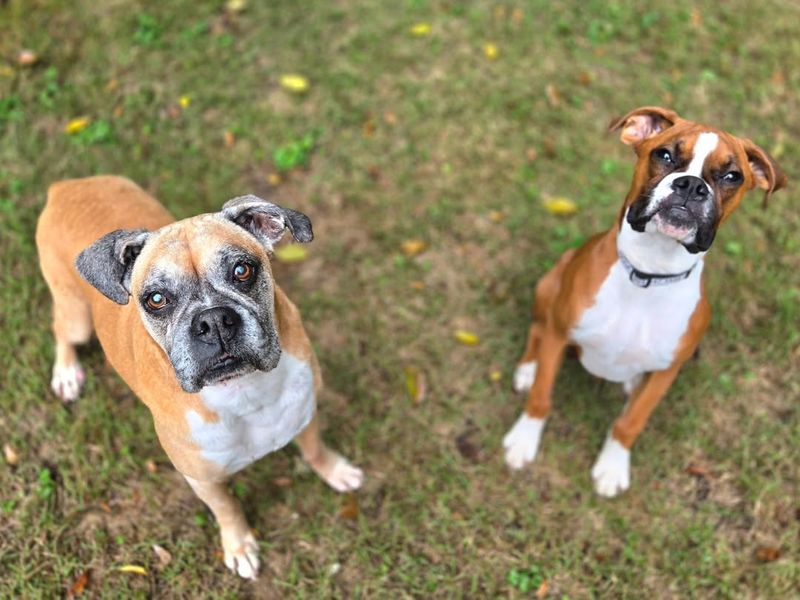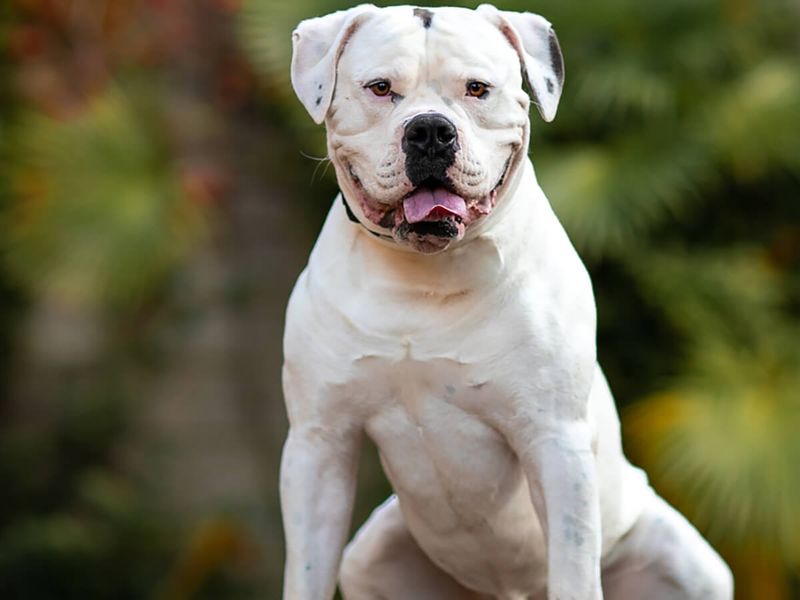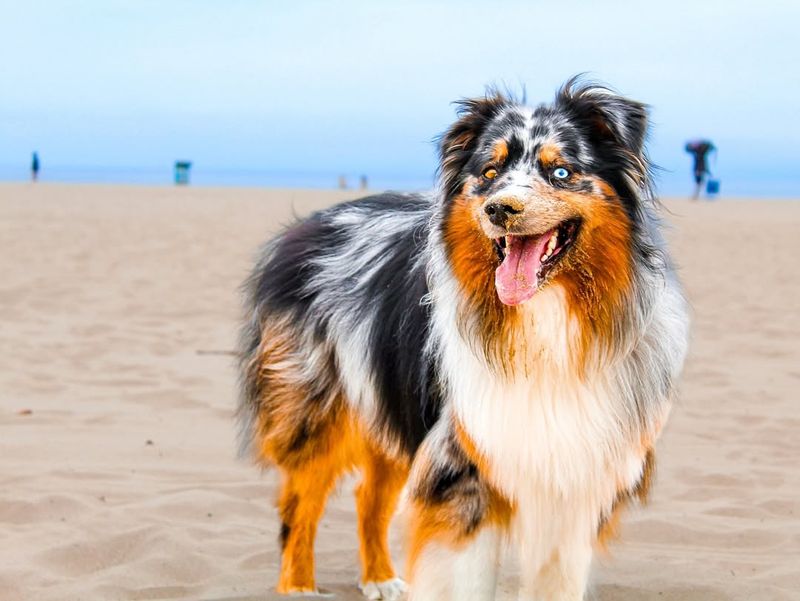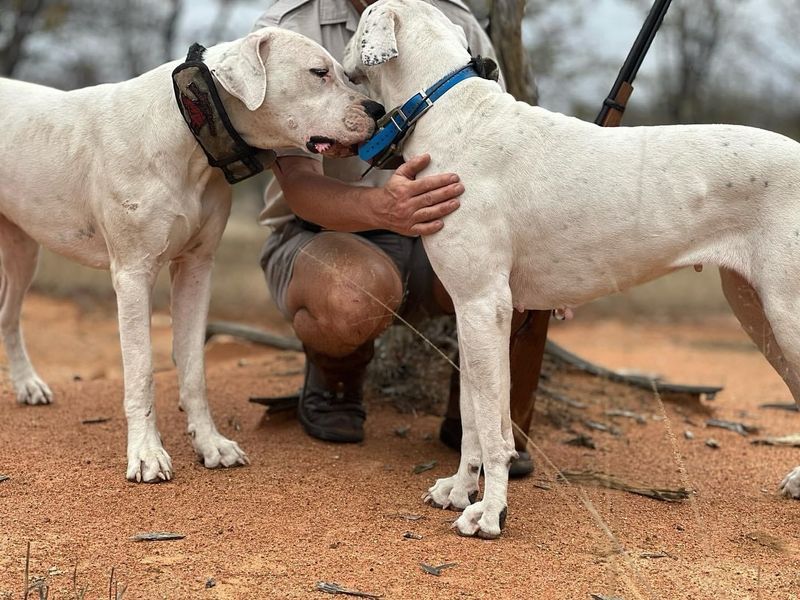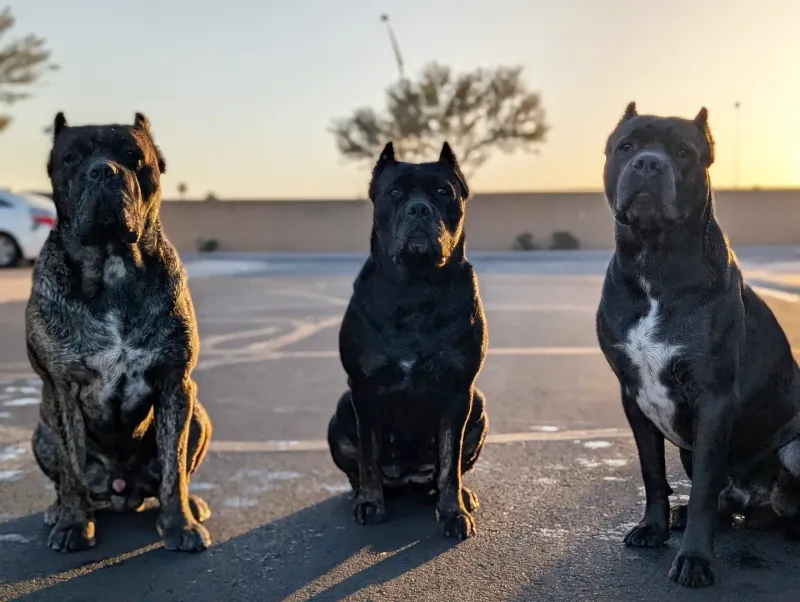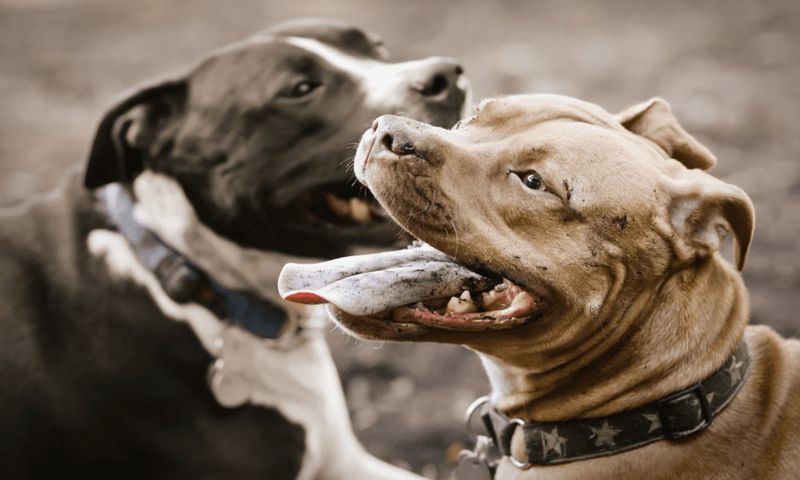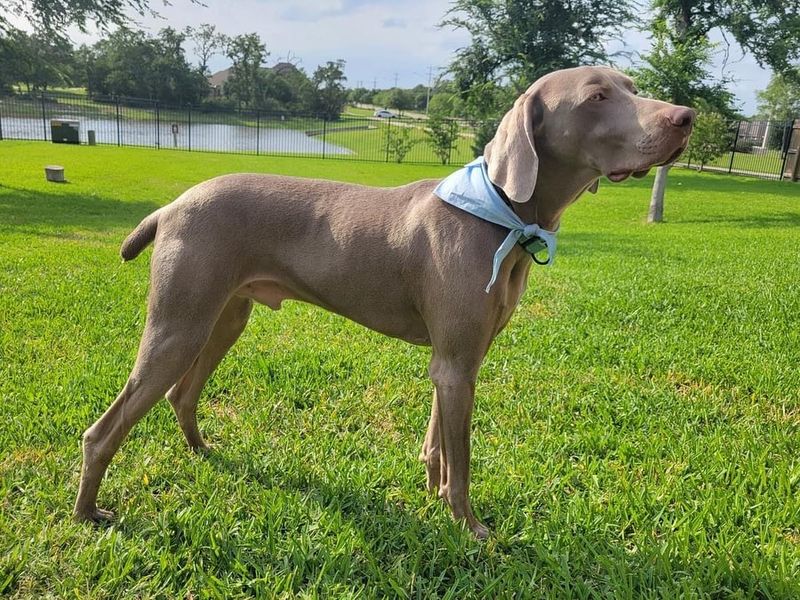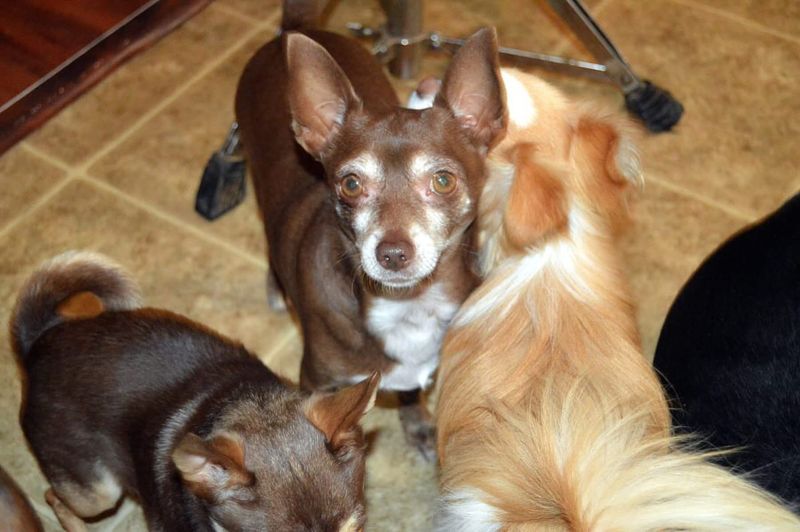Socialization is a key aspect of raising a well-behaved dog. Without proper exposure to various environments, people, and other animals, some breeds may exhibit aggressive tendencies. Here’s a look at 18 dog breeds that require careful socialization to prevent unwanted aggression.
Rottweiler
Known for their loyalty and protective nature, Rottweilers can be misunderstood. Without proper socialization, they may view strangers as threats. This perception can lead to aggressive behaviors.
Their origin as herding and guard dogs has instilled a natural wariness of unfamiliar situations. Owners should introduce them to diverse environments early on.
Participating in obedience classes can help Rottweilers channel their energy positively. These classes also offer a chance to interact with different dogs and people. A well-socialized Rottweiler is a confident and stable companion.
German Shepherd
A breed celebrated for intelligence and versatility, German Shepherds are often used in police and military roles. However, their protective instincts can turn into aggression if not properly managed.
Socializing a German Shepherd from a young age is crucial. Exposure to various people, pets, and scenarios helps them differentiate between friend and foe.
Training sessions should focus on building trust and promoting positive interactions. An engaged German Shepherd is less likely to react aggressively, making them reliable and loving companions.
Chow Chow
With their lion-like appearance and independent nature, Chow Chows can appear aloof. Their lack of enthusiasm for strangers can sometimes manifest as aggression.
Historically, Chow Chows have been used for hunting and guarding, traits that contribute to their reserved behavior. Socialization should begin early to encourage a more open demeanor.
Owners should introduce them to various people and environments gradually. This helps reduce any tendency towards aggression, fostering a well-adjusted and calm pet.
Doberman Pinscher
Doberman Pinschers are known for their loyalty and alertness. These traits make them excellent guard dogs, but can also lead to misunderstandings if socialization is neglected.
Early and consistent socialization helps a Doberman distinguish between real threats and harmless situations. Exposure to diverse experiences builds their confidence and reduces aggressive tendencies.
Engaging them in play and training with other dogs can foster positive social skills. A well-socialized Doberman is an attentive and friendly member of any family.
Akita
The Akita, with its noble stature, hails from Japan and was historically used for hunting. Their strong prey drive and protective nature can lead to aggression without proper socialization.
Introducing Akitas to various social settings from puppyhood is vital for their development. These experiences encourage a balanced temperament, allowing them to interact calmly with others.
Owners should focus on positive reinforcement during training, reinforcing good behavior. An Akita that is well-socialized becomes a steadfast and gentle companion.
Dalmatian
Dalmatians, known for their unique spots and energetic demeanor, can be misunderstood. Their high energy levels and intelligence demand regular social interaction.
Without these engagements, Dalmatians may become bored and exhibit aggressive behavior. Regular exercise and exposure to new environments are key.
Participating in group activities and obedience training encourages positive behaviors. A well-socialized Dalmatian thrives in diverse settings, showcasing their friendly and playful nature.
Bullmastiff
Bullmastiffs, with their imposing size and calm demeanor, are natural protectors. Without proper socialization, they may perceive unfamiliar situations as threats.
Introducing Bullmastiffs to varied environments and people from an early age mitigates these tendencies. It helps them remain composed and friendly in different scenarios.
Training should focus on building trust and encouraging positive interactions. A well-socialized Bullmastiff is a gentle giant, offering both protection and companionship.
Siberian Husky
Siberian Huskies are famed for their striking appearance and boundless energy. However, their independent nature can sometimes lead to aggression.
Socialization plays a crucial role in curbing these tendencies. Exposing Huskies to various situations helps them become adaptable and friendly.
Regular exercise and mental stimulation are essential. A well-socialized Husky is playful, loving, and eager to engage with their surroundings.
Jack Russell Terrier
Jack Russell Terriers are lively and intelligent, often capturing hearts with their spirited antics. Their abundant energy can sometimes translate into aggression without proper outlets.
Socializing Jack Russells from a young age is essential. It aids in channeling their energy positively and prevents unwanted behaviors.
Through regular play and training, they learn to interact harmoniously with others. A well-socialized Jack Russell is a delightful bundle of joy, always ready for an adventure.
Great Dane
Great Danes, affectionately known as gentle giants, possess a friendly and calm demeanor. However, their size can be intimidating if not socialized properly.
Early exposure to different environments and people ensures they remain approachable and well-mannered. This prevents any unintentional aggressive displays.
Training sessions should emphasize positive interactions and reinforce their naturally docile temperament. A well-socialized Great Dane is a loving and gracious companion.
Boxer
Boxers are known for their playful and energetic nature. Their exuberance, however, can sometimes be mistaken for aggression.
Socialization is crucial to help Boxers learn how to channel their energy appropriately. Introducing them to various situations develops their ability to interact positively.
Training should focus on building self-control and promoting friendly behaviors. A well-socialized Boxer is a lively and affectionate companion, always eager to play.
American Bulldog
American Bulldogs are strong and confident, characteristics that require careful management. Without proper socialization, they may become territorial.
Introducing them to diverse environments from a young age is vital. It helps them learn to assess situations calmly and respond appropriately.
Training should focus on reinforcing positive interactions and building trust. A well-socialized American Bulldog is a loving and reliable companion, ready to take on any challenge.
Australian Shepherd
Australian Shepherds are known for their herding instincts and intelligence. These traits can lead to overprotectiveness if not socialized adequately.
Engaging them in diverse social settings helps reduce these tendencies. It encourages them to interact positively with others, both human and animal.
Training should focus on channeling their intelligence and energy constructively. A well-socialized Australian Shepherd is a dynamic and friendly companion.
Dogo Argentino
The Dogo Argentino, bred for hunting big game, is powerful and protective. Without proper socialization, these traits may manifest as aggression towards strangers.
Early exposure to various social situations is key to developing a balanced temperament. Positive reinforcement during training helps them distinguish between threats and friends.
A well-socialized Dogo Argentino becomes a loyal and gentle guardian, offering both protection and affection.
Cane Corso
Cane Corsos are majestic and muscular, traits that make them excellent protectors. However, without socialization, they may appear intimidating and aloof.
Introducing them to varied experiences and environments helps them grow into well-adjusted adults. Positive interactions and consistent training build their confidence.
A well-socialized Cane Corso is a loyal and composed companion, both protective and loving.
Pit Bull Terrier
Pit Bull Terriers are often misunderstood due to their strong build and history. Proper socialization is essential to reveal their true, loving nature.
Socializing them from a young age helps dispel misconceptions and promotes positive behavior. Exposure to various social settings fosters a balanced temperament.
Training should emphasize rewarding good behavior and encouraging gentle interactions. A well-socialized Pit Bull Terrier is a friendly and affectionate companion.
Weimaraner
Weimaraners, with their striking appearance and high energy, can be challenging without proper socialization. Their intelligence demands mental and physical stimulation.
Introducing them to diverse environments helps channel their energy positively. Training sessions should focus on social skills and obedience.
A well-socialized Weimaraner is an elegant and sociable companion, ready for any adventure.
Chihuahua
Chihuahuas, despite their small size, possess a bold personality. Without proper socialization, they may become overly protective and aggressive.
Exposing them to different people and environments helps curb these tendencies, encouraging friendly interactions.
Training should focus on building confidence and reducing fearfulness. A well-socialized Chihuahua is a delightful and spirited companion, always ready to explore.
